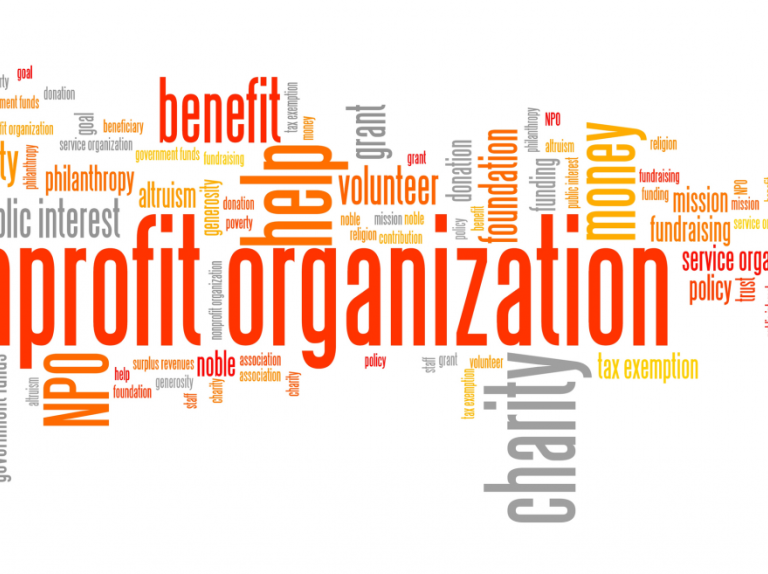
by: Andreas Weissenborn, Destinations International Foundation
“A company cannot achieve long-term profits without embracing purpose and considering the needs of a broad range of stakeholders.” -- Larry Fink
Recently, I have been following discussions with Uber CEO Dara Khosrowshahi and his company’s current situation in California and their recent AB5 law ruling which ordered Uber and Lyft to classify their drivers as employees. While conversations about non-traditional or gig workers (those who have income-earning activities outside of traditional, long-term employer-employee relationships) are worth having, it is Khosrowshahi’s rationale towards late stage capitalism and those fundamental beliefs steeped largely in the American economy that leaves me frustrated. Khosrowshahi states “I do think we have the system that’s optimized... it’s called capitalism. It’s not called labor-ism. It’s not called socialism. It’s capitalism and it’s a system that’s built to maximize shareholder value and capital. And if that’s the only input, then you’re going to keep getting the same results going forward that you got going backward. So, these kinds of systemic changes, you know, I’m game for it. I don’t want yesterday’s capitalism 20 years ago to be the same 20 years from now.”
Uber’s current growth and position gets to the core of what the 21st century’s economy has looked like, grow at all costs to deliver profit the shareholders. It is a system that has shown its inherent faults throughout the pandemic, that tends to reward the shareholder and not the stakeholder, and society as a whole has become the worse because of it.
What the United States has seen with every passing day of the four rounds of federal legislation is a window into the values our political leaders see in our industry. To deliberately incentivize sectors that are rewarded for shareholder profit over sectors that benefit stakeholders. In other words, focus on for profit ventures and ignore, for the most part, non-profit entities.
At some level, I can understand how we got here, our values as a country have been shaped around the idea of a free market. What we cannot seem to fathom is on how does the government, and perhaps the society, support organizations who operate in the market for free? How do we support organizations that focus on providing public service and achieving a common good for the benefit of all versus those who drive direct benefit to shareholders?
Call this my Larry Fink moment. Larry Fink is Founder, Chairman and Chief Executive Officer of BlackRock, Inc, and every year writes a letter to all the CEO’s of his company’s portfolio (consisting of 1/5th of the S&P 500 List) on what he believes the investing world should turn its sights to for the foreseeable year. While some years are more important than others, all of them are cemented in the core of maintaining and growing shareholder value and support. It was not until recently did Larry realize maximization of shareholder profit can only go so far and that he needed to pivot. In 2018, he addressed the growing political and social-economic divide facing our country and urged his companies to invest on purpose over profit (understanding that they are still linked).
In 2019, he went a step further into sustainability with the growing threat of climate change. To quote Larry Fink’s letter, “a company cannot achieve long-term profits without embracing purpose and considering the needs of a broad range of stakeholders.” This makes me think that if the investment world can look at reshaping its values towards these new ideals, then we too as a sector can change the political views and values seen of us.
What I am proposing is something like what Larry realized, that our values might need to change and adapt if we are to continue to prosper, in both economic, cultural, and community growth. It is time we address what we are if we are to shift the values to be felt.
- Understand we are a service, not counted at the end of a financial year on a balance sheet but through community and visitor engagement of our destination.
- Our ROI is not tied back to the dollar you put in but the dollars you do not have to spend because of our local tax relief our success provides.
- Our measure is not seen on the stock market but by the new residents buying homes, dining at our restaurants, and exploring our downtowns and neighborhoods.
Our mission is simple, to maximize the engagement of our stakeholders, our community, with the world. Because destination organizations are essential to the success of their destinations.


